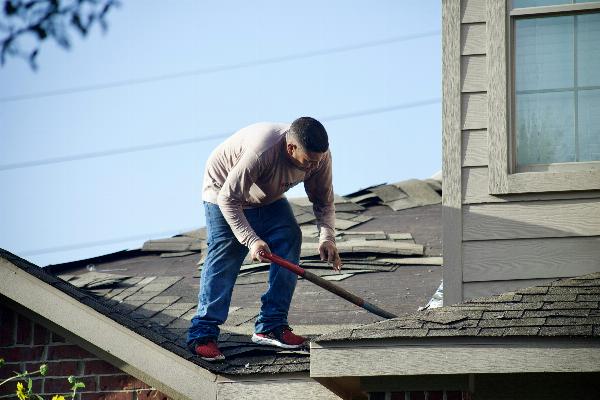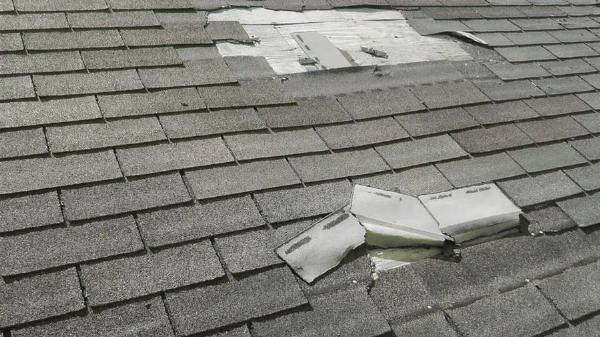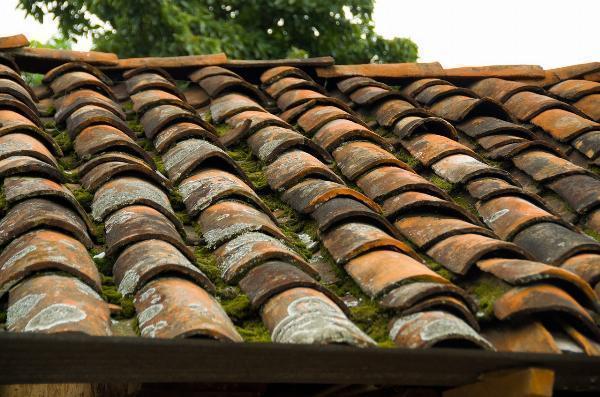Seasonal Roof Replacement: What Homeowners Need to Know

Replacing your roof is a significant investment and timing it correctly can make all the difference. Seasonal changes impact both the cost and quality of roof replacement. Understanding the benefits and challenges of each season can help homeowners make an informed decision about the best time to replace their roofs.
1. Spring: A Season of Renewal
Ideal Weather Conditions:
Spring offers moderate temperatures and lower humidity, which are ideal for roofing projects. These conditions help roofing materials to settle and adhere properly, ensuring a long-lasting installation.
Availability of Contractors:
Spring is often a busy time for contractors. Scheduling your roof replacement early can secure a spot on their calendar before the summer rush begins.
Potential Challenges:
Unpredictable spring showers can delay the project. Make sure your contractor has a plan to protect your home in case of sudden rain.
2. Summer: Peak Season for Roofing
Longer Days:
The extended daylight hours in summer allow for longer working days, potentially speeding up the project completion time.
Higher Demand:
Summer is the peak season for roofing due to the consistent weather, leading to higher demand and potentially higher costs. Booking in advance can help avoid price surges.
Heat-Related Issues:
Extreme heat can affect both the roofers and the materials. High temperatures can cause asphalt shingles to become overly pliable, making them more susceptible to damage during installation.
3. Fall: The Goldilocks Season
Optimal Conditions:
Many roofing experts consider fall the best time to replace your roof. The weather is typically stable, with cool temperatures that are ideal for roofing materials to seal correctly.
Preparation for Winter:
Replacing your roof in the fall ensures your home is protected against the harsh winter weather. This proactive approach can prevent issues like ice dams and leaks.
Busy Season:
Similar to spring, fall can be a busy season for roofers. Early planning and scheduling are essential to secure a spot.
4. Winter: Off-Season Advantages
Lower Costs:
Roofing contractors often have lower rates during the winter due to reduced demand. This off-season period can be an economical time for roof replacement.
Weather Constraints:
Cold temperatures and snow can complicate roofing projects. Some materials, like asphalt shingles, require specific temperature ranges for proper installation. It's crucial to work with an experienced contractor who can manage winter conditions effectively.
Flexibility and Availability:
Contractors are generally more available during the winter, offering more flexibility in scheduling your project.
5. Regional Considerations for Denver Homeowners
Denver's Climate:
Denver experiences a wide range of weather conditions throughout the year, from hot summers to snowy winters. Understanding the local climate is vital in deciding the best time for your roof replacement.
Seasonal Storms:
Spring and summer storms in Denver can bring hail and heavy rain, potentially delaying roofing projects. Fall's more predictable weather makes it an attractive season for roof replacement.
Winter Challenges:
While winter can offer cost savings, Denver's snowfall and freezing temperatures require a contractor experienced in winter roof installations. Ensuring proper installation in cold conditions is critical to the roof's longevity.
6. Planning and Preparation
Budgeting:
Plan your budget according to the season. Factor in potential cost variations due to demand and weather-related delays.
Research Contractors:
Choose a reputable roofing contractor with experience in your region. Get multiple quotes and check references to ensure quality work.
Scheduling:
Schedule your project well in advance, especially during peak seasons. Early planning can help you secure the best contractor and avoid delays.
Material Considerations:
Different roofing materials respond differently to weather conditions. Discuss with your contractor the best materials suited for the season you choose for replacement.
Conclusion
Timing your roof replacement according to the season can significantly impact the success and cost of the project. Each season offers distinct advantages and challenges, from the ideal weather conditions of spring and fall to the cost-saving opportunities of winter. For Denver homeowners, understanding the local climate and preparing accordingly is crucial.
Ultimately, the best time to replace your roof depends on a combination of factors including weather conditions, contractor availability, and your budget. With careful planning and consideration, you can ensure a smooth and successful roof replacement that protects your home for years to come.
Note: IndiBlogHub features both user-submitted and editorial content. We do not verify third-party contributions. Read our Disclaimer and Privacy Policyfor details.







